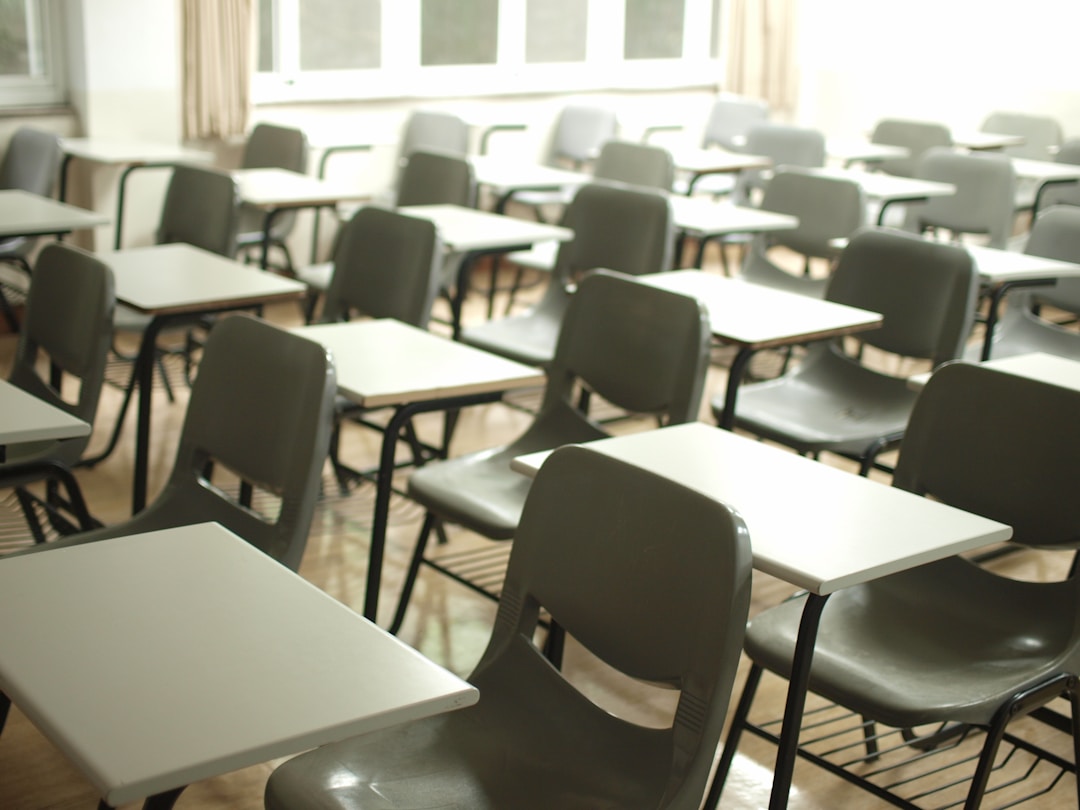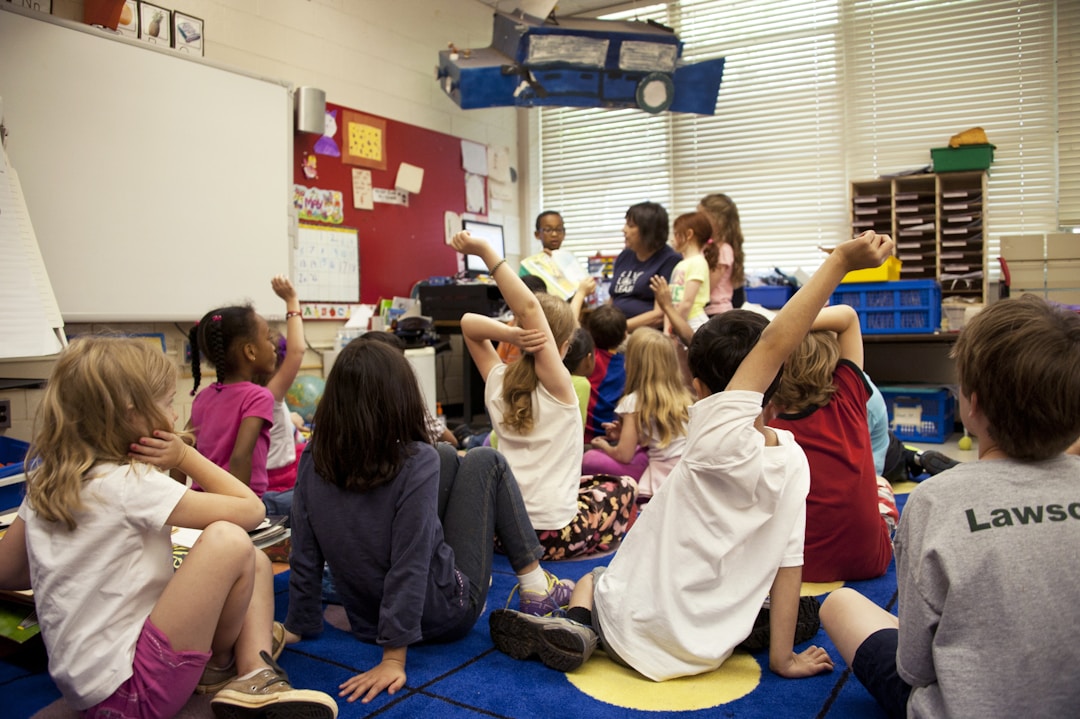Every parent wants to give their child the best education, which often leads to them making tough decisions regarding their academic life—such as finding a good school. The good news is, there are many good schools.
However, the bad news is, just because a school is good doesn’t necessarily mean it is the “right” one for your child. On that note, if you’re not sure where to start when searching for the best school, the below five tips will help.
1. Aim to find the right fit for your child.

While a school’s academic muscle is important, it shouldn’t be the sole determinant in your choice, especially if the child is at an early age. Instead, ask yourself; What will my child learn? What’s the best educational approach? And lastly, what are their social needs?
After you’ve answered these questions yourself, use them to access the schools you find. The ideal learning environment should have answers that match yours. For instance, if you live in Brooklyn and have a child that enjoys music, the Muse Academy in Brooklyn, New York (museacademybk.com) is a good choice.
This Brooklyn music school is an independent school whose kindergarten programs nurture creativity. They seek to harness the full potential of every child or muse student as expressive artists, lifelong learners, and active citizens of their community. This music school also offers language arts and early music creation for toddlers through their immersive daily instruction routines, which include dance, choir, and imaginative play.
2. Do your research.
Besides word of mouth and referrals, the internet is a good source of information. So, ensure to use it in researching the right school for your child. Assuming you already have several schools in mind, conduct individual investigations on them. This could be making phone calls to the school, digging for information online, chatting up with the school employees on LinkedIn, and, if possible, getting in touch with past alumni.
3. Visit the school.

While a school’s website and brochure can provide good information about a school, the best way to make a sound judgment is to see things for yourself. At your visit, ensure that you pay attention to the culture of the school. Are the staff helpful? Is the school neat? How is information communicated to the students and parents? Do they pay attention to outdoor air and indoor air pollution? And if yes, what indoor air quality sensor do they use in their classrooms?
These questions matter because you want your child to learn in a friendly and healthy environment. For instance, walking into a school that provides the best air purifier in each classroom is an indication that your child will enjoy the clean, fresh air while learning.
While there are different types of air purifiers, watch out for schools that use the best HEPA air purifier that meets industry standards and the recommendation of The Environmental Protection Agency (EPA). That’s because, unlike an average air purifier, this one has a better air filter and clean air delivery rate and will keep the environment free from airborne contaminants like pet dander, pollen, dust mites, and dust particles.
4. Ask questions.
Another thing to prepare before visiting the school is a list of questions to ask the teachers and principal. Enquire how well the teachers are trained, monitored, and supported. Also, check how behavior problems are handled in the school and how they’ll meet your child’s learning needs. Additionally, don’t be afraid to ask about the school’s payment plan, available scholarships, and the school’s policy on faith and religious holidays.
5. Trust your instincts.

Once you have all your information and have gotten answers to the essential questions, it’s time to trust your instincts and make a decision. Remember that no one knows your child better than you, so if your spirit doesn’t feel good about a school that seems to be everyone’s preferred choice, don’t send your child there. Block the noise and listen to your head and heart.


































